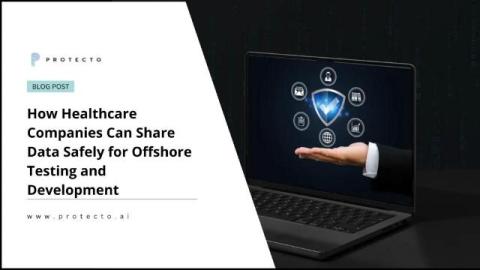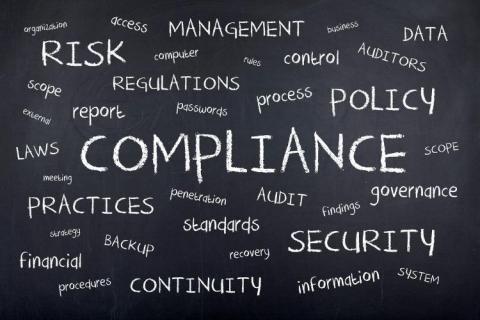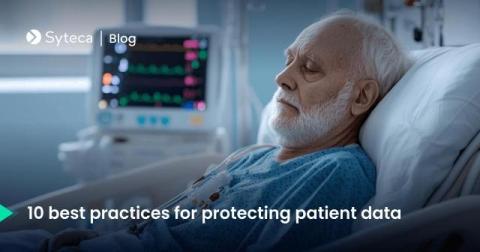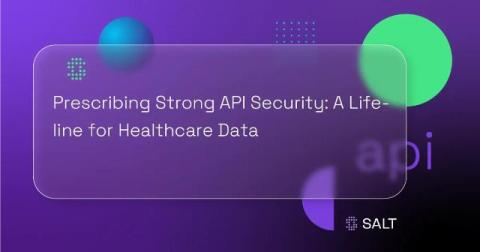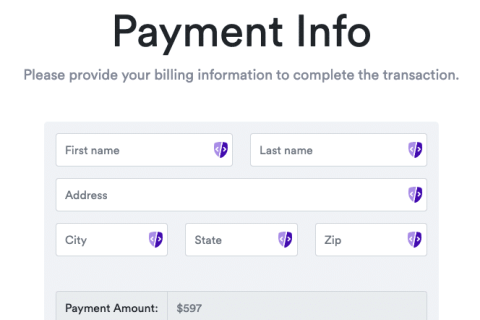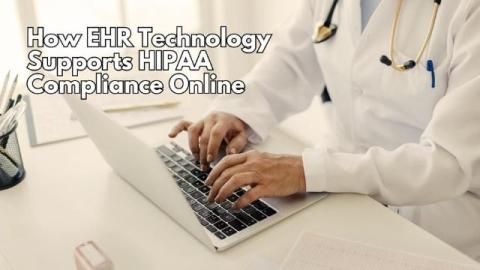Cyberbiosecurity: Where Digital Threats Meet Biological Systems
Cyberbiosecurity has emerged as an essential area of interest as the boundaries between the digital and biological sectors continue to blur. With rapid advancements in areas such as artificial intelligence, automation, and synthetic biology, the need for strong cyberbiosecurity protections has grown to safeguard the bioeconomy. As biotechnology evolves, it creates a complex landscape where breaches can have consequences far beyond typical cyber risks.



